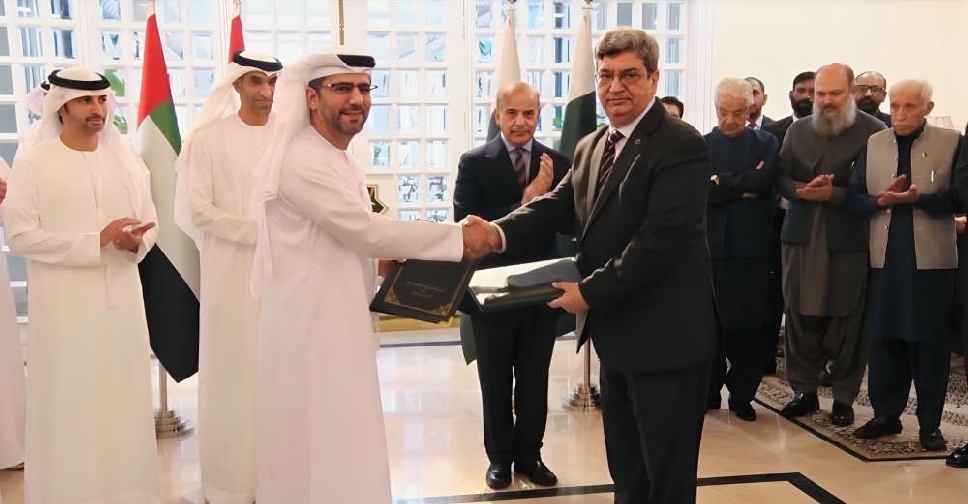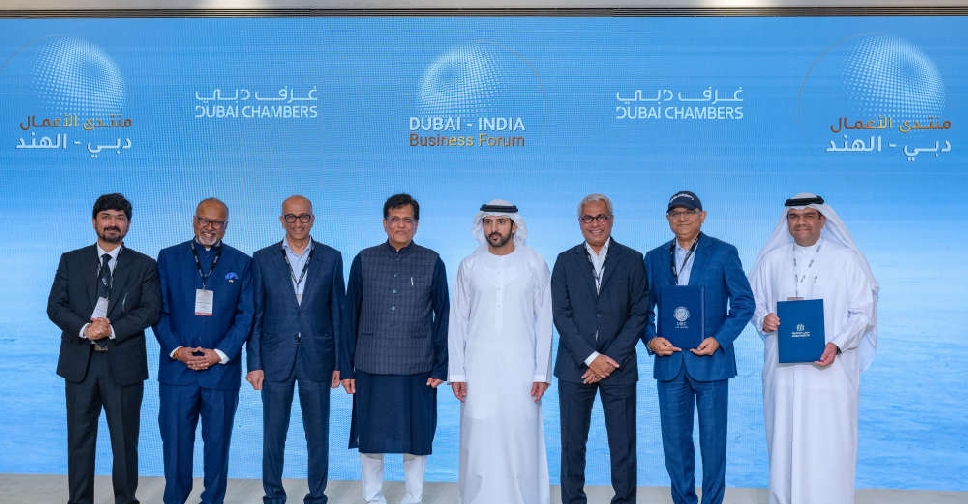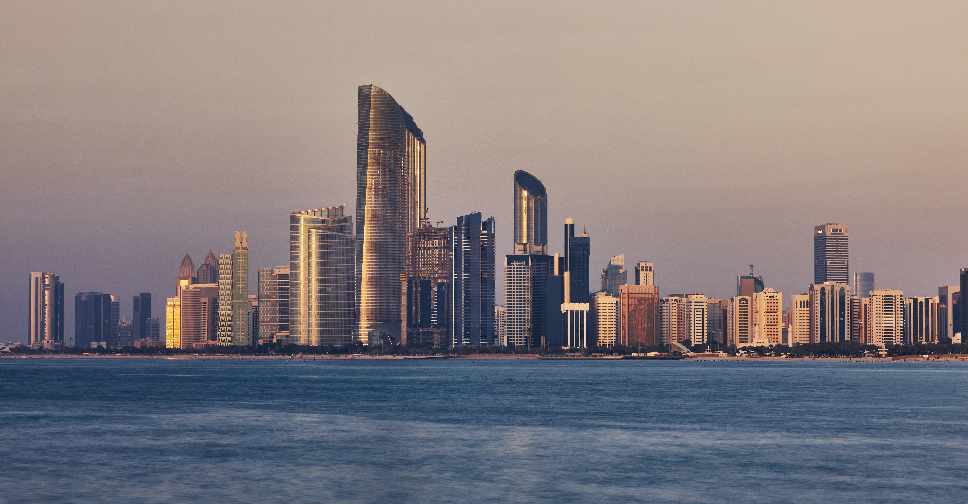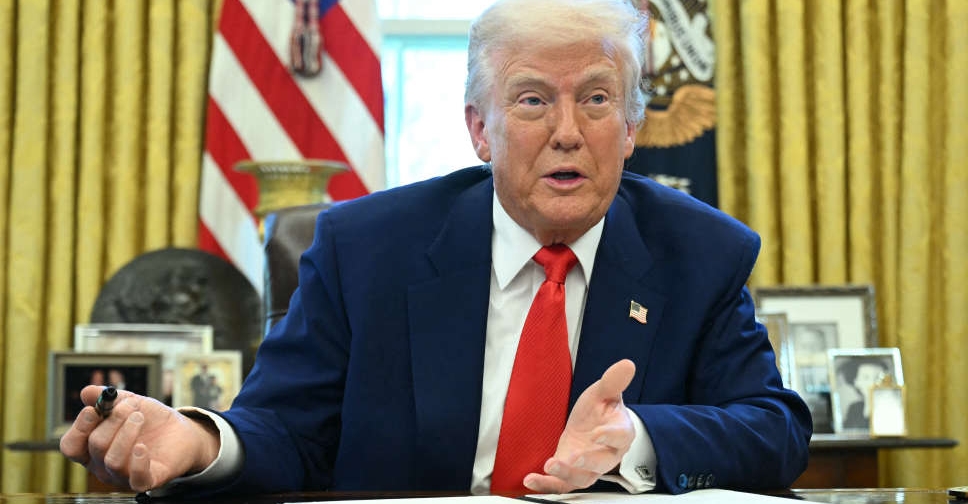
AD Ports Group has signed four Memorandums of Understanding (MoUs) with the Government of Pakistan to explore upgrading the nation’s maritime, rail, airport, customs and logistics infrastructure.
The MoUs were signed and exchanged in Islamabad in the presence of Muhammad Shehbaz Sharif, Prime Minister of Pakistan, Dr. Thani bin Ahmed Al Zeyoudi, UAE Minister of State for Foreign Trade, and senior officials from both countries.
The agreements were concluded with the Pakistan Federal Board of Revenue, the Pakistan Ministry of Railways, the Pakistan National Shipping Corporation and Karachi Port Trust, and the Pakistan Airports Authority.
These parties will explore potential to cooperate in customs, rail, airport infrastructure, and maritime shipping and logistics, which, if pursued, would expand AD Ports Group’s activities in the country.
The focus covers a wide range of basic transport and trade areas, ranging from improving digital customs controls, to developing dedicated freight rail corridors, to upgrading Pakistan's maritime fleet and marine services, as well as the nation’s international airports.
AD Ports Group is a major investor in Pakistan, which is a strategic trade gateway to Central Asia and Russia.
With UAE partner Kaheel Terminals, AD Ports Group is developing, operating and managing container, bulk and general cargo operations at the Port of Karachi, where it has agreed to invest almost $400 million over 15 years.
The UAE is one of Pakistan’s largest trade partners and a major source of foreign investment, which has amounted to more than $10 billion over the last 20 years, according to the UAE Ministry of Foreign Affairs.
The UAE-Pakistan trade volume rose to $7.9 billion in 2023, up 12 per cent from 2022, according to the UAE Ministry of Economy.
"These MoUs will contribute to providing new opportunities for the business communities and private sectors on both sides, support sustainable development efforts, and stimulate joint economic growth to achieve the mutual interests of both countries and peoples," said Dr. Al Zeyoudi.
.@ADPortsGroup has signed four Memorandums of Understanding with Pakistan's government to upgrade Pakistan’s maritime, rail, airport, customs and logistics infrastructure. The cooperation supports #AbuDhabi’s efforts to advance trade and investment ties in key sectors worldwide. pic.twitter.com/1UGv8SS3Mj
— مكتب أبوظبي الإعلامي (@ADMediaOffice) November 9, 2024



 Dubai to host new IIM campus and UAE-India Friendship Hospital
Dubai to host new IIM campus and UAE-India Friendship Hospital
 UAE partners with Google for Global Cyber Security Centre of Excellence
UAE partners with Google for Global Cyber Security Centre of Excellence
 Chinese sellers on Amazon to hike prices or exit US as tariffs soar
Chinese sellers on Amazon to hike prices or exit US as tariffs soar
 Trump walks back some tariffs, triggering historic market rally
Trump walks back some tariffs, triggering historic market rally



